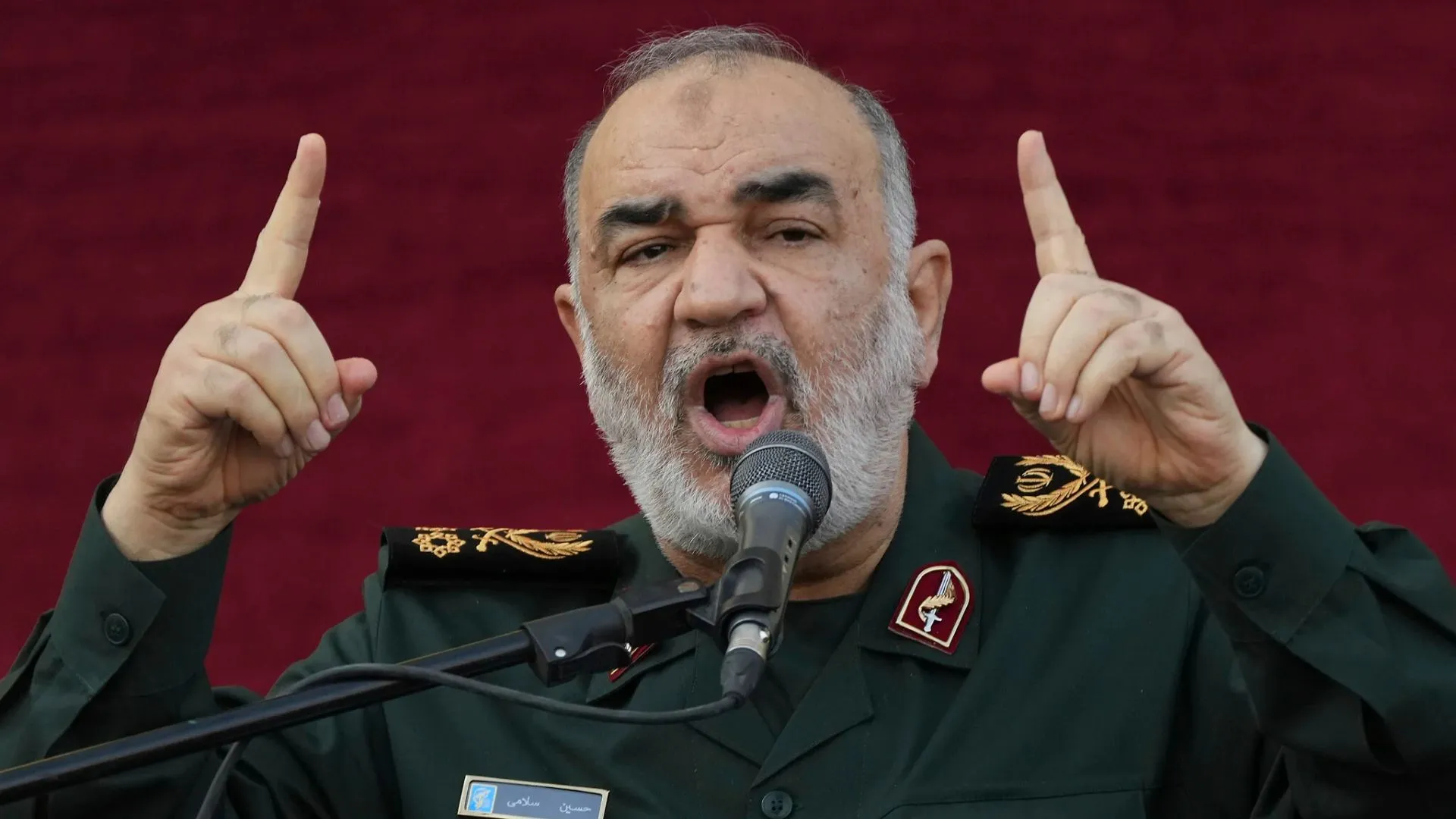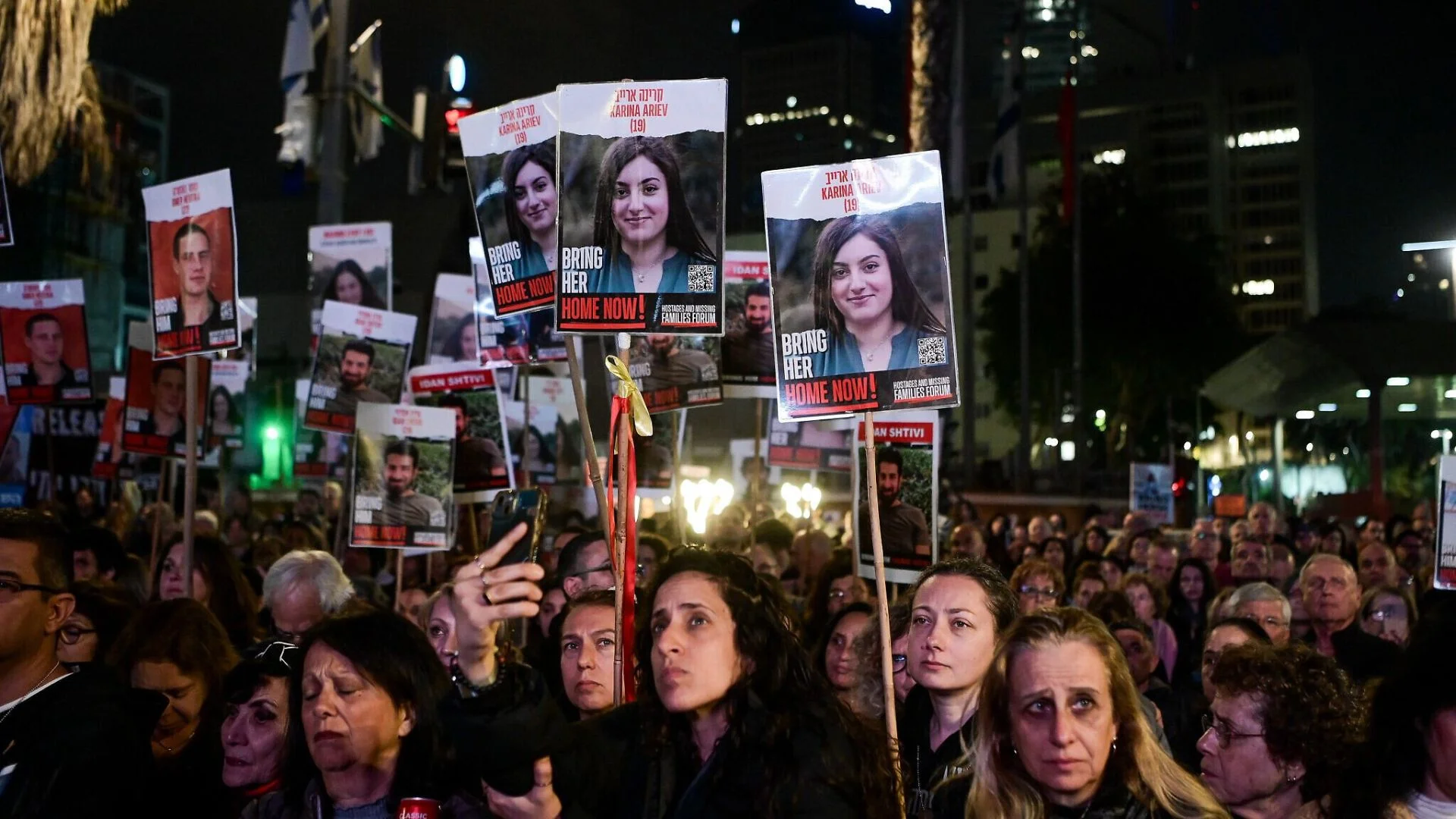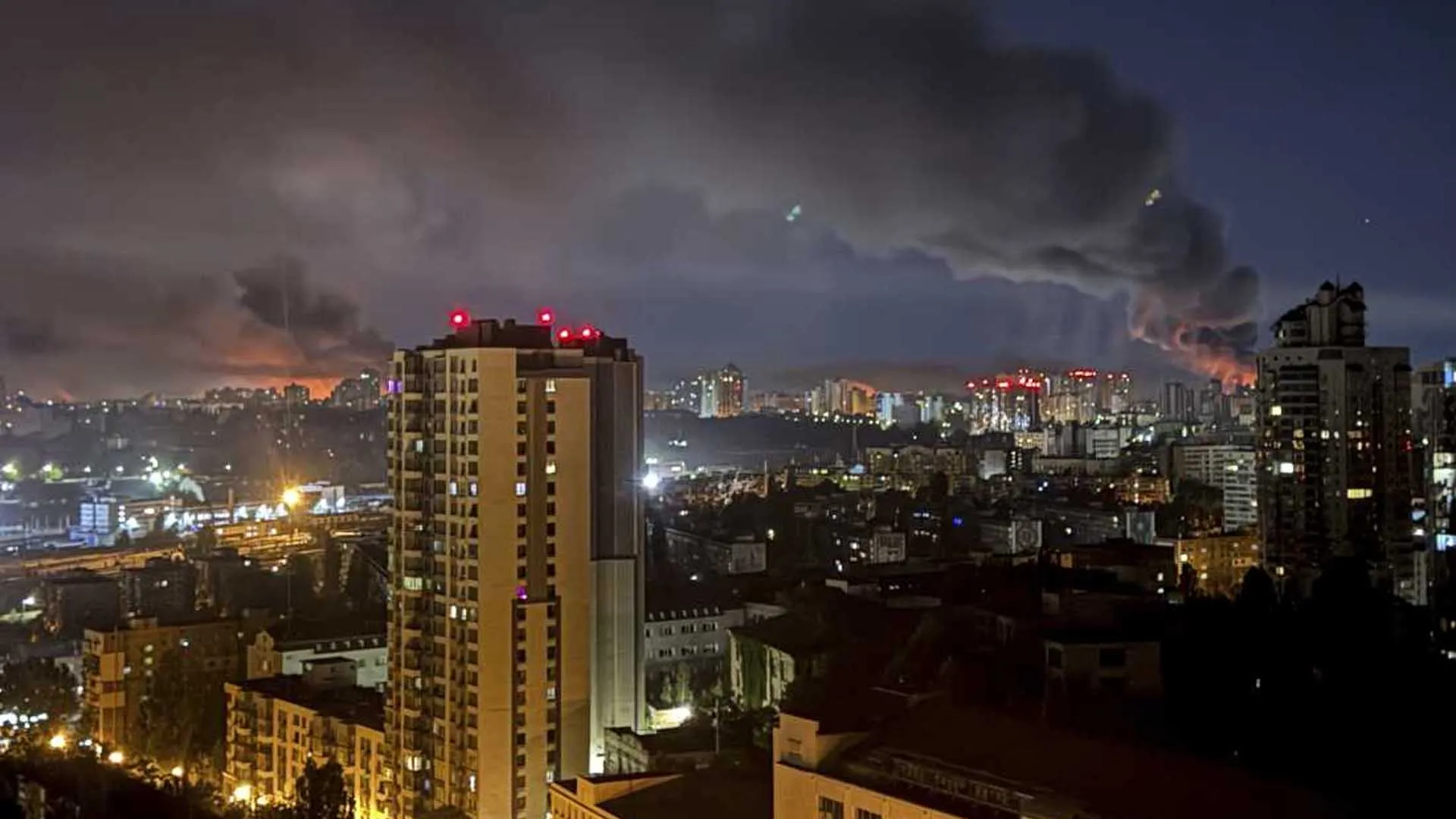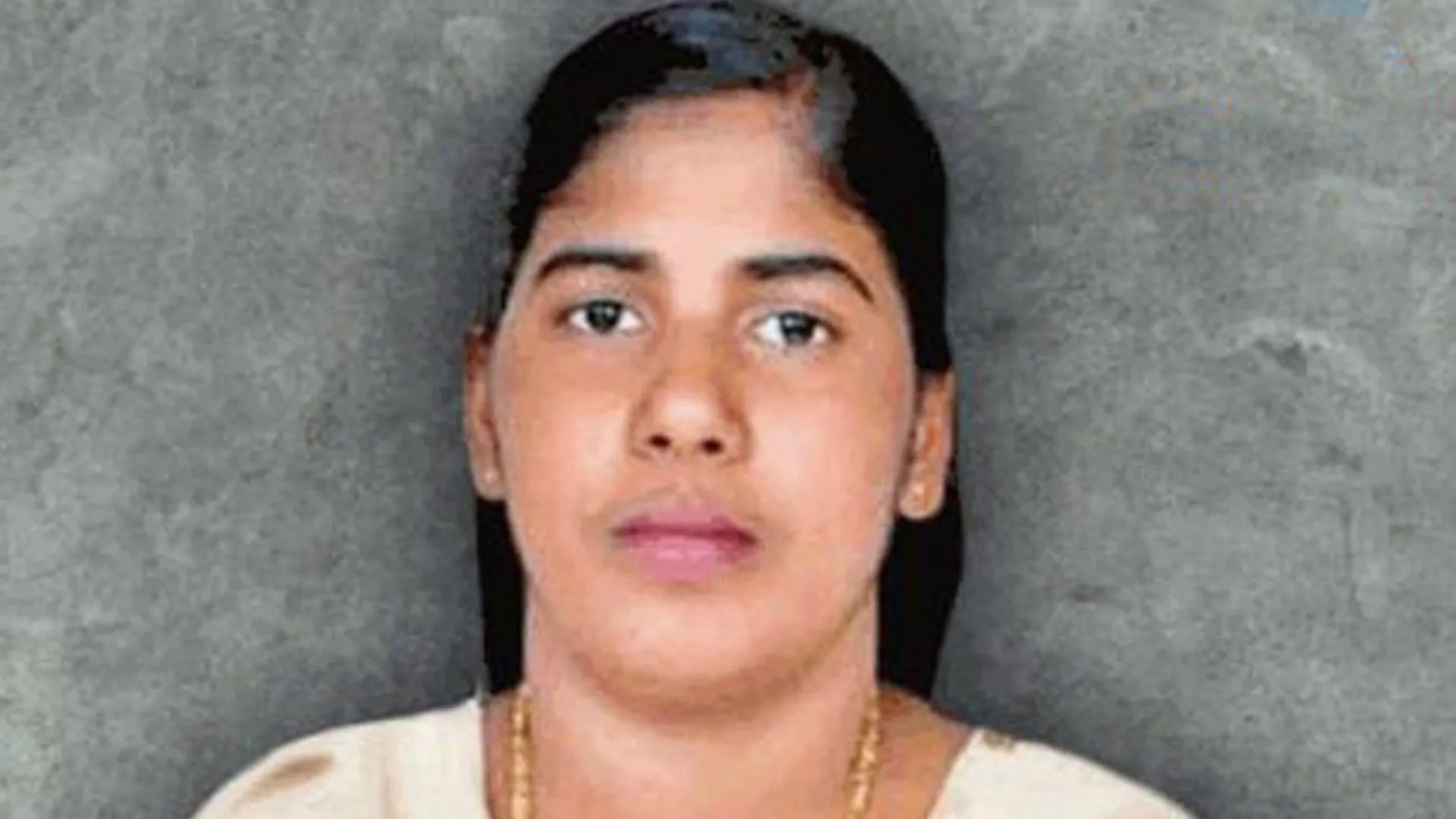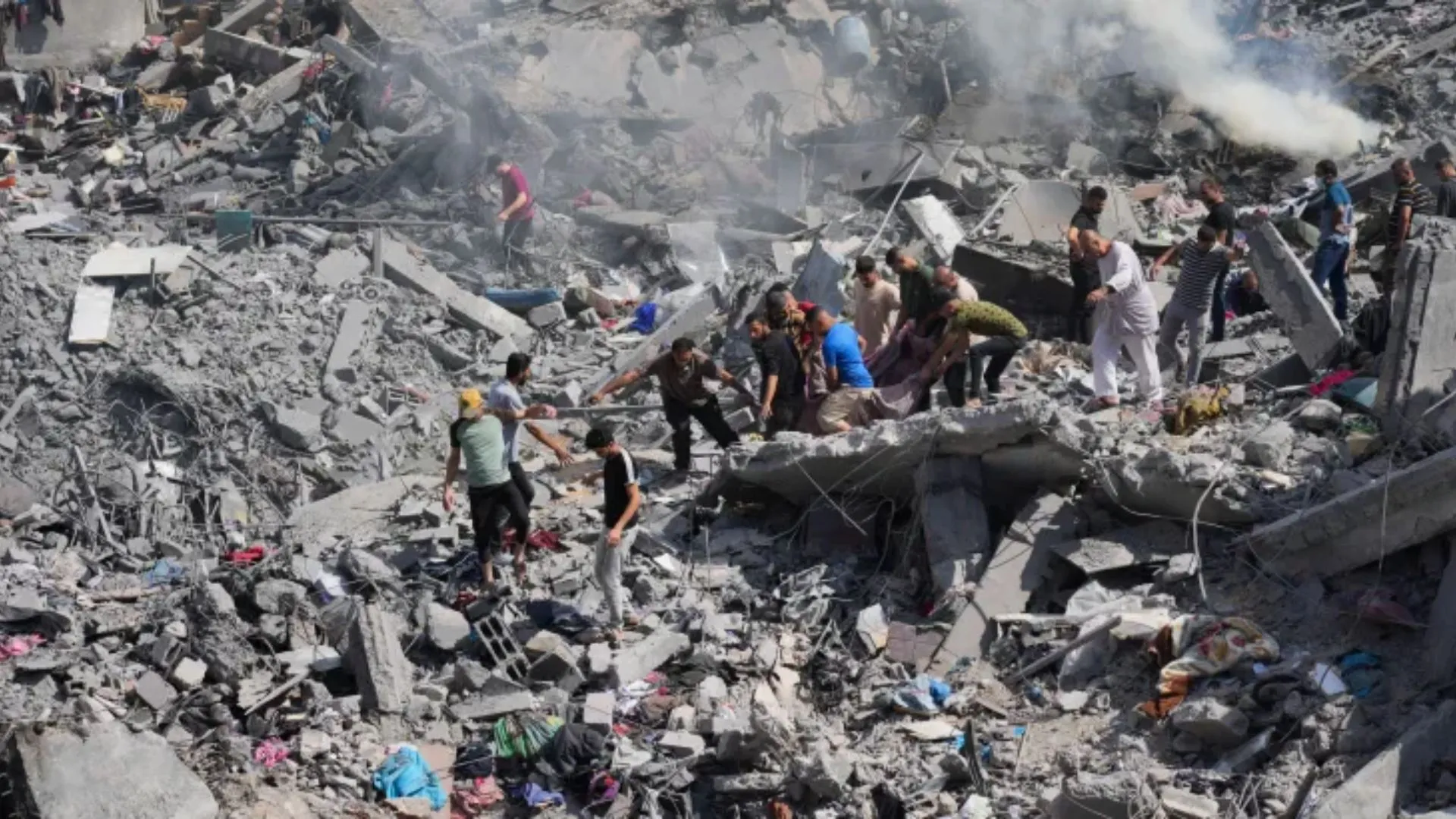Israel’s Operation Rising Lion has changed the Middle Eastern balance. Israeli warplanes attacked deep within Iranian territory early on Friday morning. They hit several nuclear and military targets. Along the way, they killed Major General Hossein Salami—one of Iran’s most powerful and feared individuals. General Salami was the head of the Islamic Revolutionary Guard Corps (IRGC). His passing is a significant blow to the leadership and regional stance of Iran.
The airstrike also took out other senior military leaders, including General Mohammad Bagheri. Israel deemed the attack pre-emptive, one that was meant to stop Iran’s nuclear advancements. Iran retaliated by sending over 100 drones towards Israel.
Who Was Hossein Salami?
Hossein Salami was born in 1960 in Golpayegan, Isfahan Province. He entered the IRGC in 1980, the year the Iran–Iraq war had started. He fought on the Kurdish and southern fronts. His early combat experience led to rapid promotions.
Following the war, Salami obtained a master’s degree in defence management. Subsequently, he remained in leadership roles in the IRGC for decades. From 1997 to 2005, he worked as chief of operations for IRGC Joint Staff. He went on to command the IRGC Air Force and later became the deputy commander in 2009.
In April 2019, Supreme Leader Ayatollah Ali Khamenei promoted him to Major General. He also appointed him as commander-in-chief of the IRGC. From then on, Salami reported directly to Khamenei. He became one of the most trusted and influential figures in Iran’s power structure.
Salami’s Role in Iran’s War Machine
General Salami contributed to the development of Iran’s missile program and regional proxy approach. He oversaw underground missile bases and drone projects. Salami was photographed inspecting an underground missile depot in January last year. Iranian media reported that the depot was making “new special missiles” targeting Israel.
He stridently clashed with Israel and the United States. His passionate orations demanded the annihilation of the “Zionist regime.” He was directly responsible for Iran’s sponsorship of proxy entities such as Hezbollah and Hamas.
Salami was also at the helm of Iran’s military when it conducted drone and missile strikes on Israel in April and October 2024. On both occasions, Iran said it was retaliating against Israeli aggression.
Why Was Hossein Salami Sanctioned?
Hossein Salami has been sanctioned for more than 15 years. The United Nations sanctioned him in December 2006 for having worked on ballistic missiles. The US then sanctioned him in 2007, freezing his assets under an order on weapons proliferation.
The European Union sanctioned him in 2021 for Iran’s violent crackdown on protesters in 2019. He was among eight officials who were held accountable for human rights abuses.
French prosecutors charged Salami with death threats and inciting terrorism against Iranians protesting the death of Mahsa Amini in 2023.
What Did He Say Before He Died?
One day before the Israeli attack, Salami pledged to protect Iran. “We are completely prepared for any situations, conditions, and circumstances,” he said. He termed Israeli military operations as weak, likening them to their blockade of Palestinians.
“We are war-tested and experienced,” he went on.
In earlier this year, he threatened, “If a threat is carried out, we will respond in the most severe manner—decisive, crushing and devastating.”
Symbolism of His Death
General Hossein Salami was not just a commander. He was the public face of Iran’s military strategy, regional ambition, and nuclear defiance. His death is a harsh psychological and operational blow for Tehran.
He was the embodiment of the doctrine of resistance. His removal from the fighting could change Iran’s strategy—or increase its revenge. Iran’s response is already underway. More than 100 drones had been sent toward Israel hours after the attack.
His last words indicate that he anticipated this moment. But he promised to attack first. Israel did just that. Now, Iran must choose whether to seek revenge—or another war.

